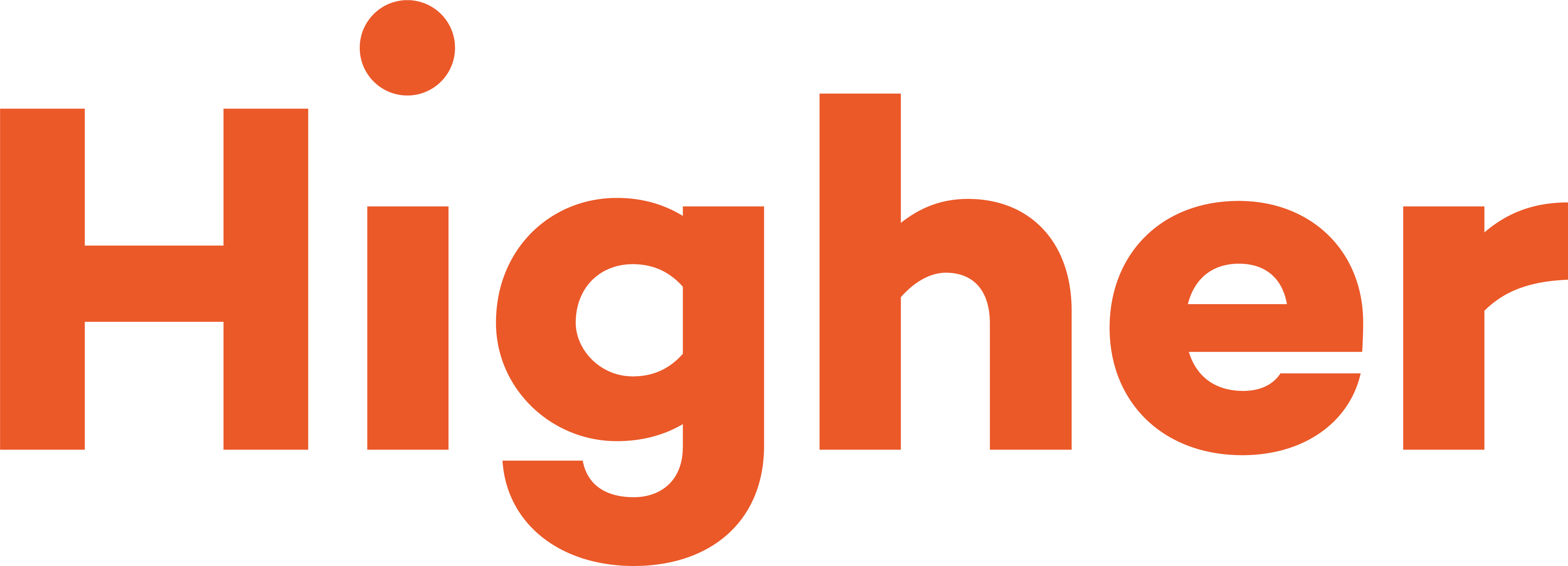Is your current recruitment process really efficient?
Those of you who work with recruitment in HR: does this scenario feel familiar? The company you work for must recruit a new employee. You receive over a hundred applications. You go through every CV and cover letter to screen out the most qualified candidates, which you pass on to the hiring manager. But after the first round of interviews, the manager is not satisfied and wants more suggestions. You have to go through the giant pile of applications one more time. Recruitment takes time. Several interesting candidates drop out because they have received other offers. Frustration grows for both you and the hiring manager.
What stands in the way of efficient recruitment?
No one is really happy with the current process (least of all the candidates). Yet it seems impossible to change. Is it because of prestige and HR fears they will loose control? Or is it tradition and old habit? We all know that change can be difficult. Before we get into what HR can do to achieve a more efficient recruitment process, let’s list the positive results that await those who dare to take the plunge:
- Reduced time-to-hire
- More accurate recruitment (which in turn results in lower employee turnover)
- Better candidate experience (and thus a stronger employer brand)
- More time and resources for strategic HR work
Now that we have the goal in sight, we can take a closer look at the way to get there. Here are three areas that HR should change for the greatest possible effect:
1. Smarter recruitment methods
What does it look like in your organization right now? Is it one-size-fits-all that applies, i.e. the same process with CV, cover letter, tests and interviews – regardless of the type of role to be filled? Or do you use different external staffing and recruitment companies, each niched towards a specific professional group? In both cases, there is guaranteed to be both time and money to be saved by reviewing and streamlining the processes for more efficient recruitment.
With document-free and mobile-based options, interested candidates don’t have to write and send in CVs and cover letters – and you don’t have to read them! Candidates can instead click through a number of tailored questions directly on their phone. Those with the best results (based on what is most important for the current role) move on to the next step in a process that is fast, simple and equal for both jobseekers and employers.
2. Stronger mandate for the hiring manager
As a trained HR expert, is it acceptable for you to hand over a greater responsibility for the recruitment process to, for example, a store or warehouse manager? It’s not that weird. Over the past few years, HR has made a fantastic journey from being seen almost as fluff to (rightfully!) reaching all the way into boardrooms. To then have to let go of control in a core issue such as the supply of skills can be experienced as taking a step backwards.
Of course, HR should still have the overall control of recruitments. This point is about providing recruiting managers with tools that are so intuitive and user-friendly that even people with absolutely no prior knowledge of recruiting should be able to use them. At the same time, everyone’s expertise can be used more wisely. The hiring manager can provide invaluable input on which selection questions best capture the competencies and qualities that are most important in the position in question. HR’s role is becoming less focused on details and more focused on quality-assuring the processes, following up on the results on an ongoing basis and being there as expert support. In short: work more comprehensively and strategically with the supply of skills. Honestly, reading hundreds of similar CVs was hardly the motivation to train yourself in human resources in the first place, was it?
3. Automatic feedback for candidates at each stage
It doesn’t matter how short or far a candidate got in the process: every single one deserves quick and relevant feedback on their application. In these digital days, there really are no excuses anymore. Nevertheless, feedback is a task that unfortunately often falls between the chairs (where HR sits on one chair and the hiring manager on the other). So when you choose which recruitment tool, ATS (application tracking system) and/or staffing agency your organization will work with in the future: ensure that the possibility of automatic feedback via email or SMS is included.
Find the best recruitment process for your company with out tips and tricks. Read more here.
What will recruitment look like going forward? What can we expect to see more of in the future? Read more about this topic here Rekryteringsguide: Framtidens rekrytering


%20(800%20x%20400%20px)%20(5)-1.png?width=575&name=Blogg%20header%20HUBSPOT%20(1117%20x%20450%20px)%20(800%20x%20400%20px)%20(5)-1.png)
